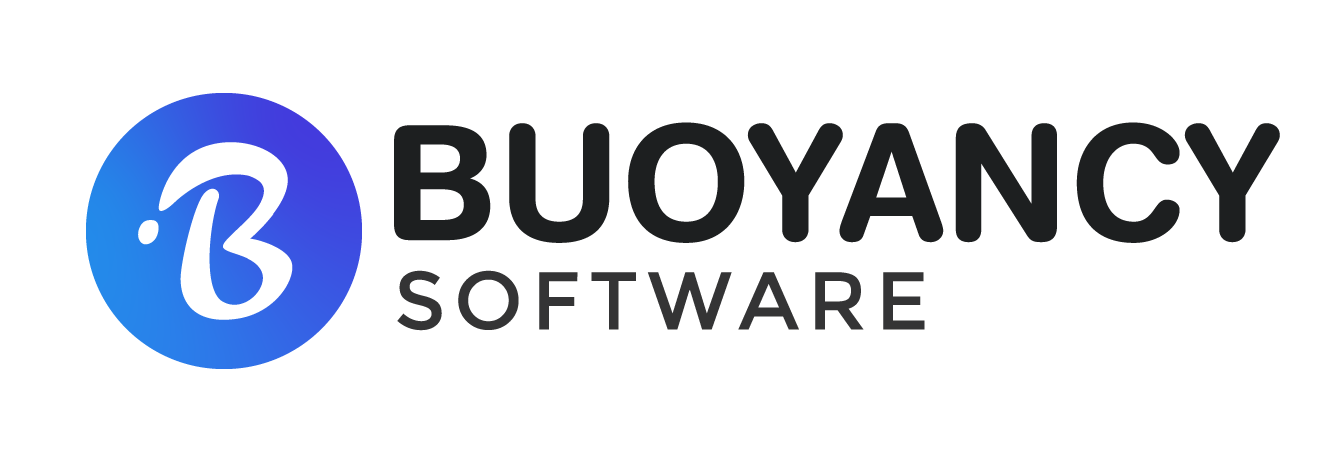Businesses need to consistently create and manage engaging content to attract and retain customers. This is where a Content Management System (CMS) becomes a game-changer.
A robust Content Management System (CMS) is no longer just a convenience; it’s a necessity for businesses striving to thrive in a competitive online landscape.
A CMS serves as the backbone of a company’s digital presence, facilitating content creation, management, and delivery across various platforms. The right CMS can streamline workflows, enhance user experience, and ultimately contribute to business growth.
Understanding CMS
At its core, a CMS provides a centralized platform for organizing content, allowing users to collaborate efficiently and maintain consistency across their web properties. There are various types of CMS available, including traditional, headless, and hybrid systems, each offering unique advantages depending on the business’s needs and goals.
Choosing the Right CMS: A Compass for Success:
Selecting the perfect CMS can feel overwhelming, but with the right considerations, you can navigate toward a solution that empowers your business. Here’s a deeper dive into the key factors that act as your guideposts:
Ease of Use: Empowering Everyone to Contribute:
Look for an interface that is as intuitive as possible. Imagine a dashboard that feels familiar, like your favorite word-processing software. WYSIWYG (what you see is what you get) editors are a must-have, allowing users to see exactly how their content will appear on the website without needing to touch code.
Drag-and-drop functionality is a game-changer, especially for building layouts and organizing content elements. This empowers non-technical team members, like marketing specialists or content creators, to contribute and update the website without relying on developers for every change.
Customization and Flexibility: Tailoring the Platform to Your Vision:
A one-size-fits-all approach rarely works in the digital landscape. Choose a Content Management System that allows for customization through a variety of themes. Themes act as pre-designed templates that define the overall look and feel of your website. Think of them as the foundation upon which you build your brand identity.
But themes alone might not be enough. Plugins and extensions are like building blocks, adding specific functionalities to your CMS. Need an online store? There’s likely a plugin for that. Want to integrate a contact form? Look for a compatible extension. This flexibility ensures your CMS can adapt and evolve alongside your business needs.
Cost Efficiency and ROI: Looking Beyond the Price Tag:
Open-source CMS platforms are tempting due to their initial zero-cost appeal. However, factor in the long-term expenses. Ongoing maintenance, security updates, and customization, especially for complex functionalities, can add up over time.
Consider managed service options offered by some Content Management System providers. This takes the burden of maintenance and updates off your shoulders, allowing you to focus on content creation and strategy. Evaluate the total cost of ownership (TCO) against the expected return on investment (ROI) your CMS will deliver in terms of increased website traffic, lead generation, or brand awareness.
Scalability: A Platform that Grows with You:
Don’t pick a CMS that will become a bottleneck for your success. Choose a platform that can scale up seamlessly as your business grows. This means handling increased website traffic without compromising speed or performance.
Look for a CMS that offers options for additional storage and bandwidth as your content library expands. Some platforms offer tiered pricing plans that cater to different scales of operation.
Security: Building a Fortress for Your Data:
In today’s digital world, security is paramount. Your CMS should offer robust security features to protect your website and user data from cyber threats. This includes features like user authentication, data encryption, and regular security updates.
Choose a CMS provider with a proven track record of security and a commitment to ongoing vulnerability assessments and patching. Don’t underestimate the peace of mind that comes with a secure and reliable platform.
Charting Your Course: Technical Considerations
The technical aspects of your CMS choice are equally important. Here’s what to consider:
- Cloud-Based vs. On-Premise Hosting: Cloud-based solutions offer convenience, scalability, and automatic updates. They’re perfect for businesses that value ease of use and a “pay-as-you-go” model. On-premise hosting provides greater control over your data and security but requires more technical expertise to maintain.
- Web Standards and Accessibility: Ensure your CMS adheres to current web standards and accessibility guidelines. This not only optimizes your website for search engines (SEO) but also makes it inclusive for users with disabilities. A future-proof CMS should prioritize accessibility by design.
Future-Proofing Your Success: A CMS that Evolves
The digital landscape is constantly evolving. Choose a CMS that is constantly updated and adapts to new technologies and trends. This ensures your platform remains secure, compatible with future advancements, and doesn’t become obsolete as the digital world progresses.
Buoyancy Software: Your Trusted Guide
At Buoyancy Software, we understand the critical role your CMS plays in your business success. That’s why we offer a comprehensive solution that addresses all the factors mentioned above.
We provide custom development to create a CMS tailored precisely to your needs. We ensure your website is mobile-responsive, offering an optimal experience for all users on any device. Our dedicated support team is always available to assist you, and our active user community fosters collaboration and knowledge sharing.
Let Buoyancy Software be your trusted partner in navigating the ever-changing world of CMS. We’ll help you chart a course toward a scalable, secure, and future-proof platform that empowers your business to thrive.



